Learning that puts the learner in close contact with the subjects being studied The learner never actually interacts with these facts as part of the learning process, in contrast to learning where they are just read about, heard about, discussed, and written about. (Keeton and Tate,1978)
These claims about the nature of experience are not totally abstract and irrelevant to everyday life. Without first considering what we mean by experience, trainers, educators, facilitators, and human potential developers cannot comprehend one of the most efficient learning techniques currently in use. Learning from experience is one of the most fundamental and natural learning methods that is accessible to everyone. Whether it functions at an individual, group, corporate, or societal level, this natural kind of learning has gained popularity and merits close consideration. To build a more cogent, relational understanding where theory and practise are interconnected, we are aiming to get closer to notions like experience, education, and learning.
Teachers must be more than just knowledge providers who transfer knowledge to students; they also have a responsibility to assist students in acquiring the skills they need to succeed in life. Students can rehearse or replicate knowledge-building situations during instruction, and then they can reflect on and put the knowledge into practise. As a result, many developed nations throughout the world are adopting this as a trend in education as one of the approaches to successfully enhance learners’ traits and skills.
Geography is a subject that deals with the realities of nature, the economy, and society; as a result, it is helpful for planning experiential activities. However, this activity in the practice of teaching Geography in high schools /colleges still has a lot of limitations due to many reasons. The book offers techniques that help learners make sense of their experience as well as methods to develop and practice new behaviours. In this book I have emphasized the importance of using the concept of experiential learningas a means of drawing togethertheory into practice. Because of my background in both teaching and education, I am intimately aware of the challenges that many students confront. Effective study habits must be developed; being a successful student is not always simple. Sadly, student retention rates and performance rates drop as a result of the large number of students who never acquire the success-related abilities. Student Success can help students build efficient study habits and inform them of college and school resources that can support them in their endeavours. All of my students and the faculty at Mahatma Junior College of Education are honoured in this book. I think this book will help students gain more information and understanding.
First of all I would like to thank my Almighty God who gave me the courage and health for the completion of my book.
I would like to express my profound gratitude to our chairman, Dr. K.M. Vasudevan Pillai, who has served as a great mentor in every way. His enthusiasm and energy for education have always inspired me, as well as those of our secretary Dr. Daphne Pillai, whose inspiration, support, and encouragement enabled me to write a book.
Next my special thanks to my Principal Ms.Resmy Varghese for her constant support and guidance.
My heartfelt thanks to all the students of Mahatma Junior College of Education for being with me throughout and activitely participating in all the work.
My sincere thanks to Dr. B.K.Sarkar for his motivation and guidance andalso all those who have inspired me and have been a great support in this endeavour.
A word of thanks also extends to those who have indirectly provided comments and helpful suggestion especially to Librarians Ms.Parveen Arif and Ms.Jayashree Venugopaland all respondents for the completion of my book.
| Weight | 0.300 kg |
|---|---|
| Dimensions | 22 × 15 × 2 cm |
| Author |
Ms. Meera Ranjith, Prof (Dr.) B. K. Sarkar |
| Publisher |
Namya press |
| Series |
Hardcover |
Editorial Review
Learning that puts the learner in close contact with the subjects being studied The learner never actually interacts with these facts as part of the learning process, in contrast to learning where they are just read about, heard about, discussed, and written about. (Keeton and Tate,1978)
These claims about the nature of experience are not totally abstract and irrelevant to everyday life. Without first considering what we mean by experience, trainers, educators, facilitators, and human potential developers cannot comprehend one of the most efficient learning techniques currently in use. Learning from experience is one of the most fundamental and natural learning methods that is accessible to everyone. Whether it functions at an individual, group, corporate, or societal level, this natural kind of learning has gained popularity and merits close consideration. To build a more cogent, relational understanding where theory and practise are interconnected, we are aiming to get closer to notions like experience, education, and learning.
Teachers must be more than just knowledge providers who transfer knowledge to students; they also have a responsibility to assist students in acquiring the skills they need to succeed in life. Students can rehearse or replicate knowledge-building situations during instruction, and then they can reflect on and put the knowledge into practise. As a result, many developed nations throughout the world are adopting this as a trend in education as one of the approaches to successfully enhance learners' traits and skills.
Geography is a subject that deals with the realities of nature, the economy, and society; as a result, it is helpful for planning experiential activities. However, this activity in the practice of teaching Geography in high schools /colleges still has a lot of limitations due to many reasons. The book offers techniques that help learners make sense of their experience as well as methods to develop and practice new behaviours. In this book I have emphasized the importance of using the concept of experiential learningas a means of drawing togethertheory into practice. Because of my background in both teaching and education, I am intimately aware of the challenges that many students confront. Effective study habits must be developed; being a successful student is not always simple. Sadly, student retention rates and performance rates drop as a result of the large number of students who never acquire the success-related abilities. Student Success can help students build efficient study habits and inform them of college and school resources that can support them in their endeavours. All of my students and the faculty at Mahatma Junior College of Education are honoured in this book. I think this book will help students gain more information and understanding.
First of all I would like to thank my Almighty God who gave me the courage and health for the completion of my book.
I would like to express my profound gratitude to our chairman, Dr. K.M. Vasudevan Pillai, who has served as a great mentor in every way. His enthusiasm and energy for education have always inspired me, as well as those of our secretary Dr. Daphne Pillai, whose inspiration, support, and encouragement enabled me to write a book.
Next my special thanks to my Principal Ms.Resmy Varghese for her constant support and guidance.
My heartfelt thanks to all the students of Mahatma Junior College of Education for being with me throughout and activitely participating in all the work.
My sincere thanks to Dr. B.K.Sarkar for his motivation and guidance andalso all those who have inspired me and have been a great support in this endeavour.
A word of thanks also extends to those who have indirectly provided comments and helpful suggestion especially to Librarians Ms.Parveen Arif and Ms.Jayashree Venugopaland all respondents for the completion of my book.

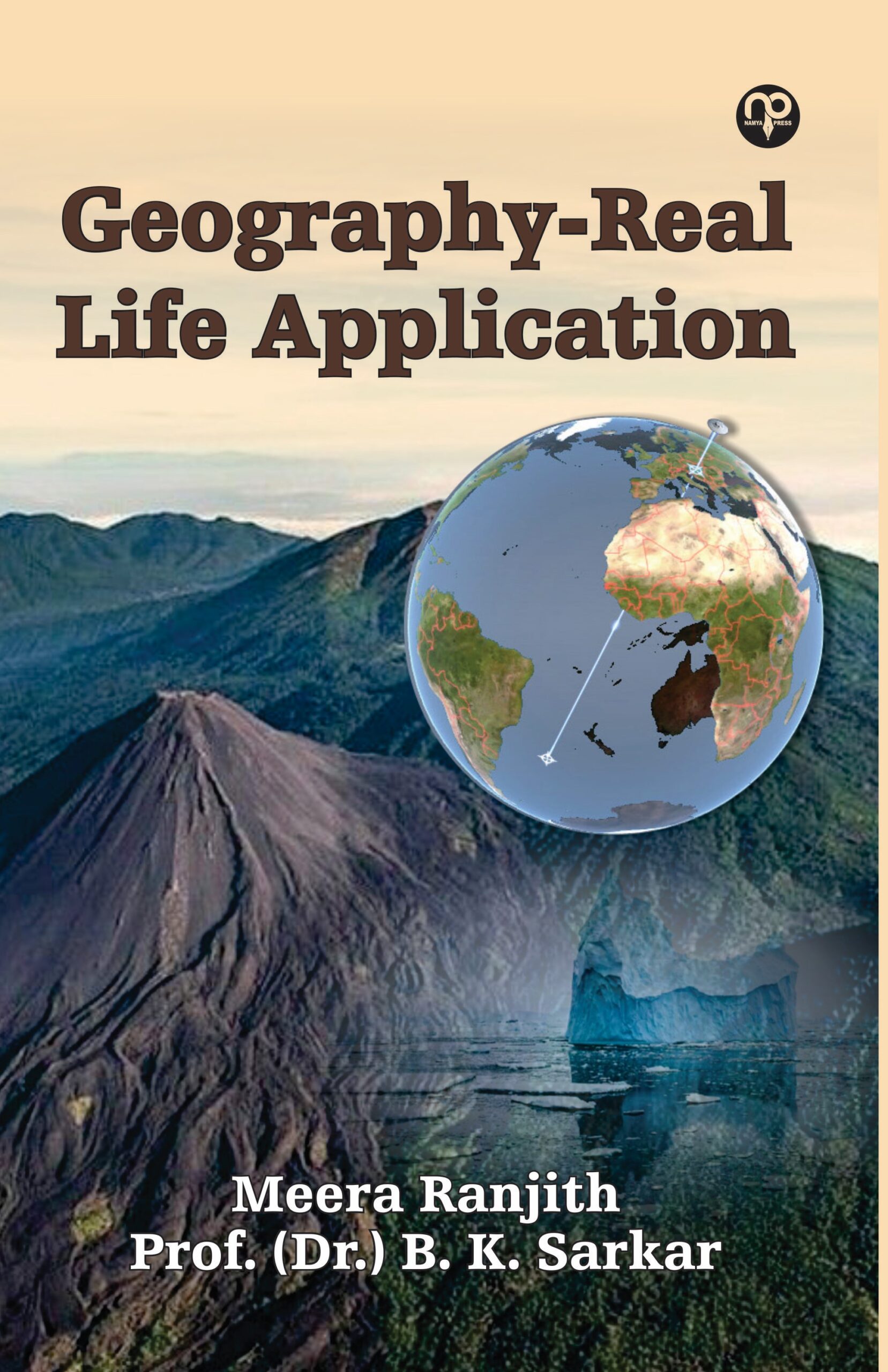
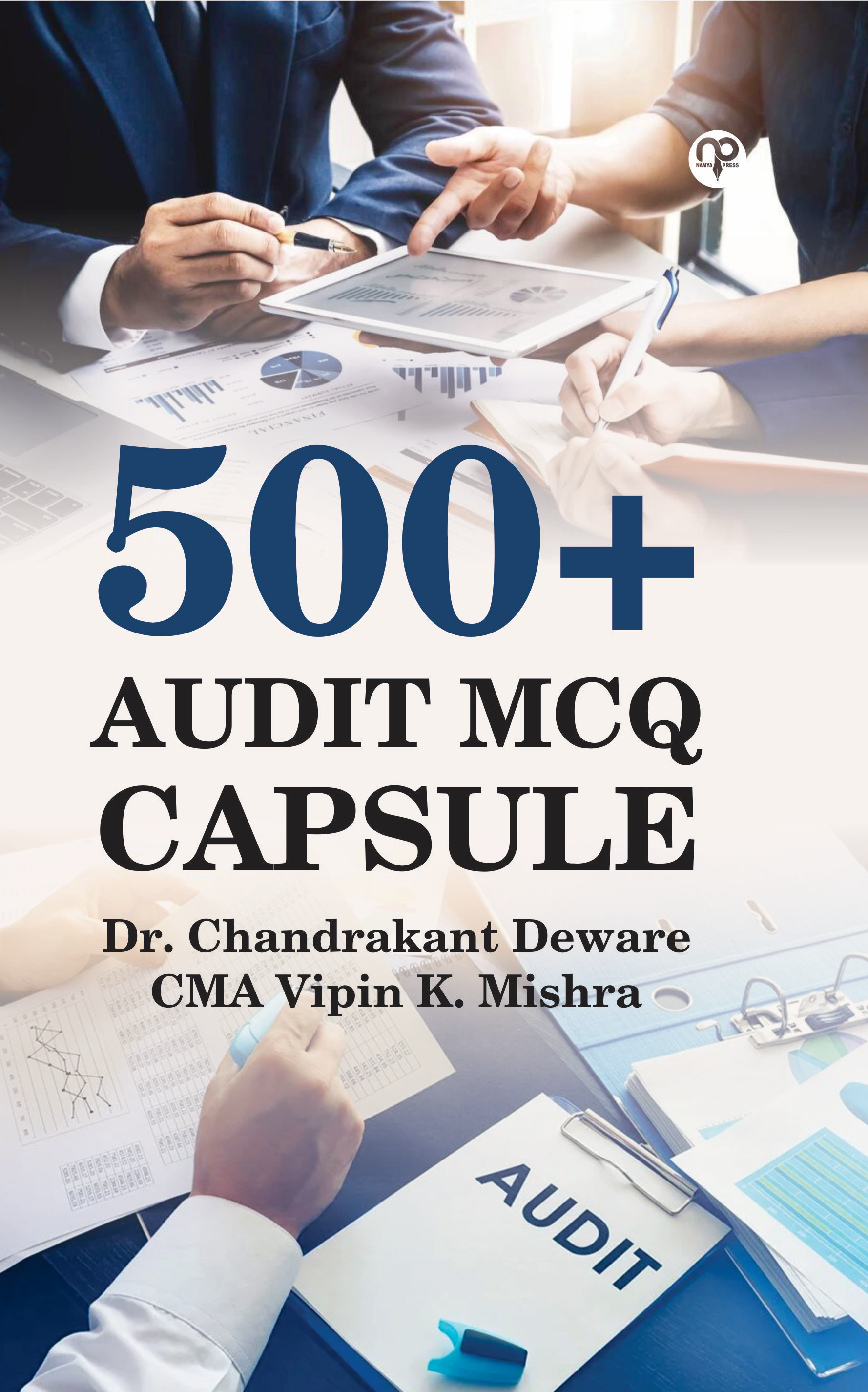
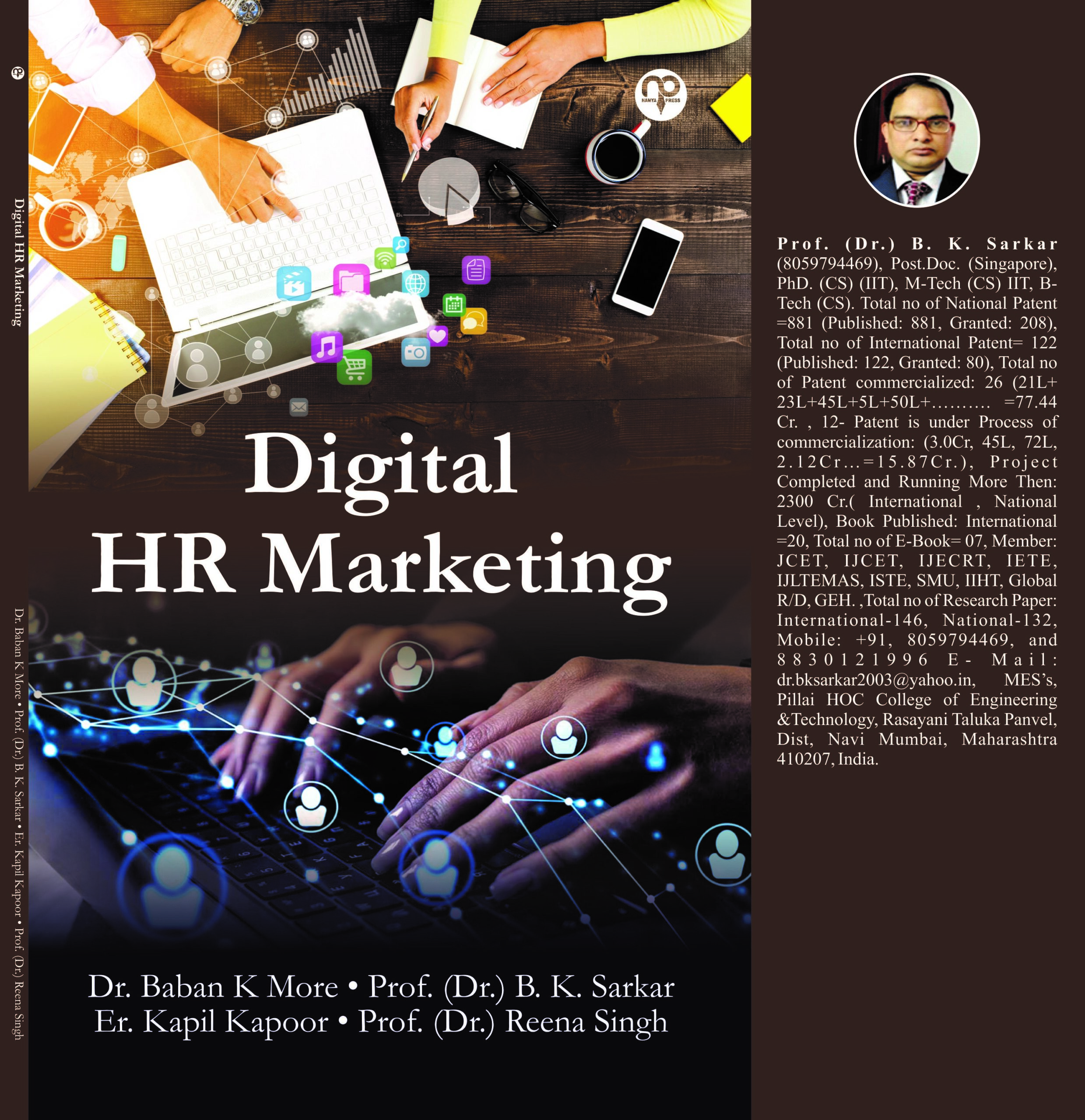
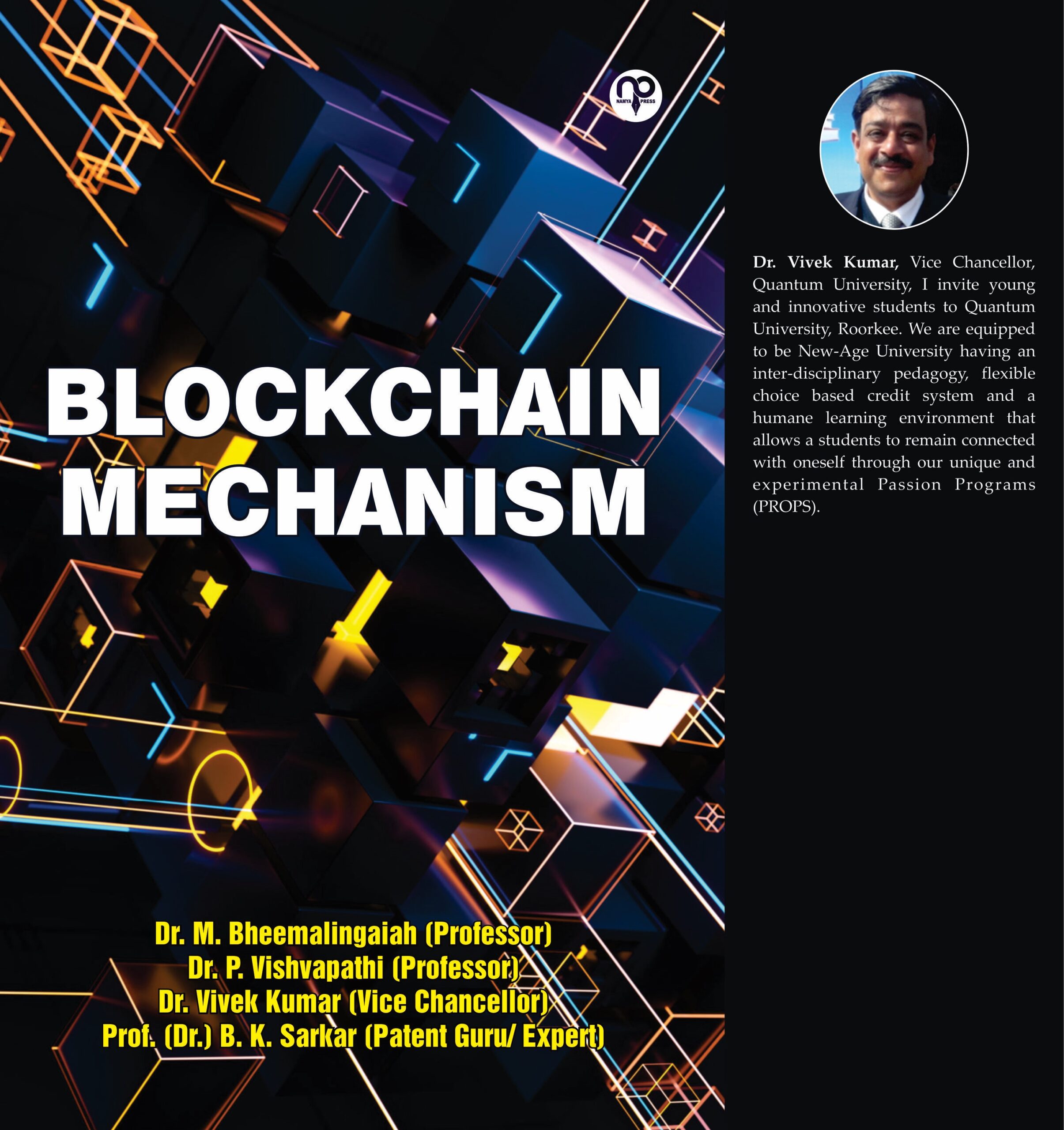
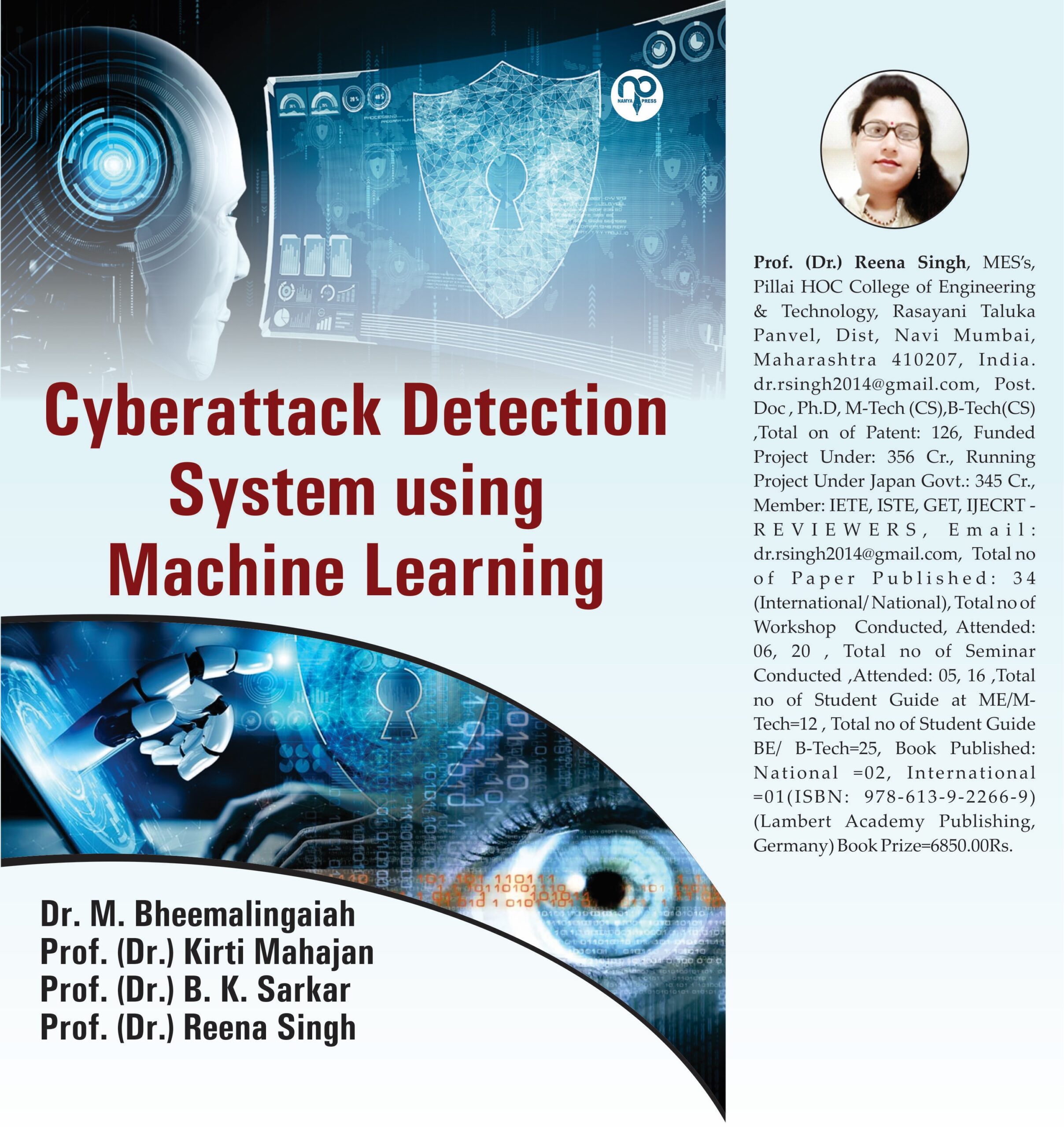
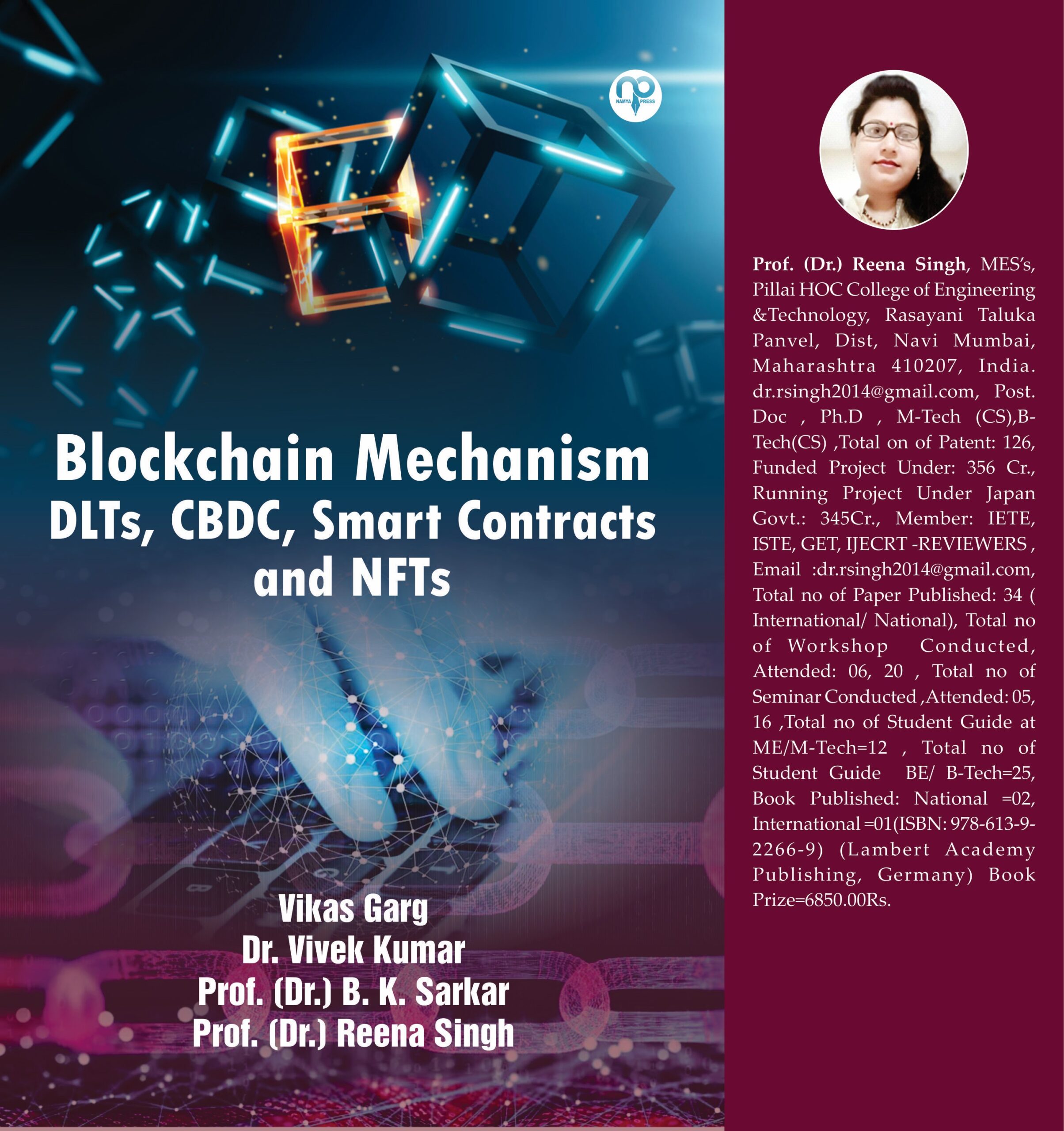






Reviews
There are no reviews yet.
Only logged in customers who have purchased this product may leave a review.